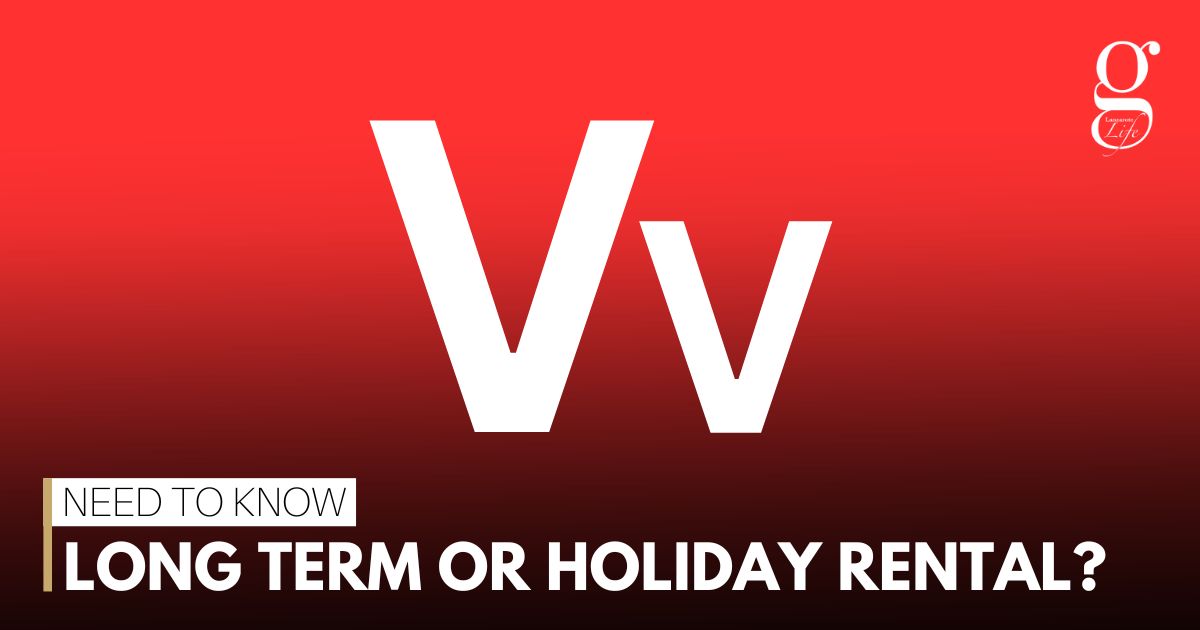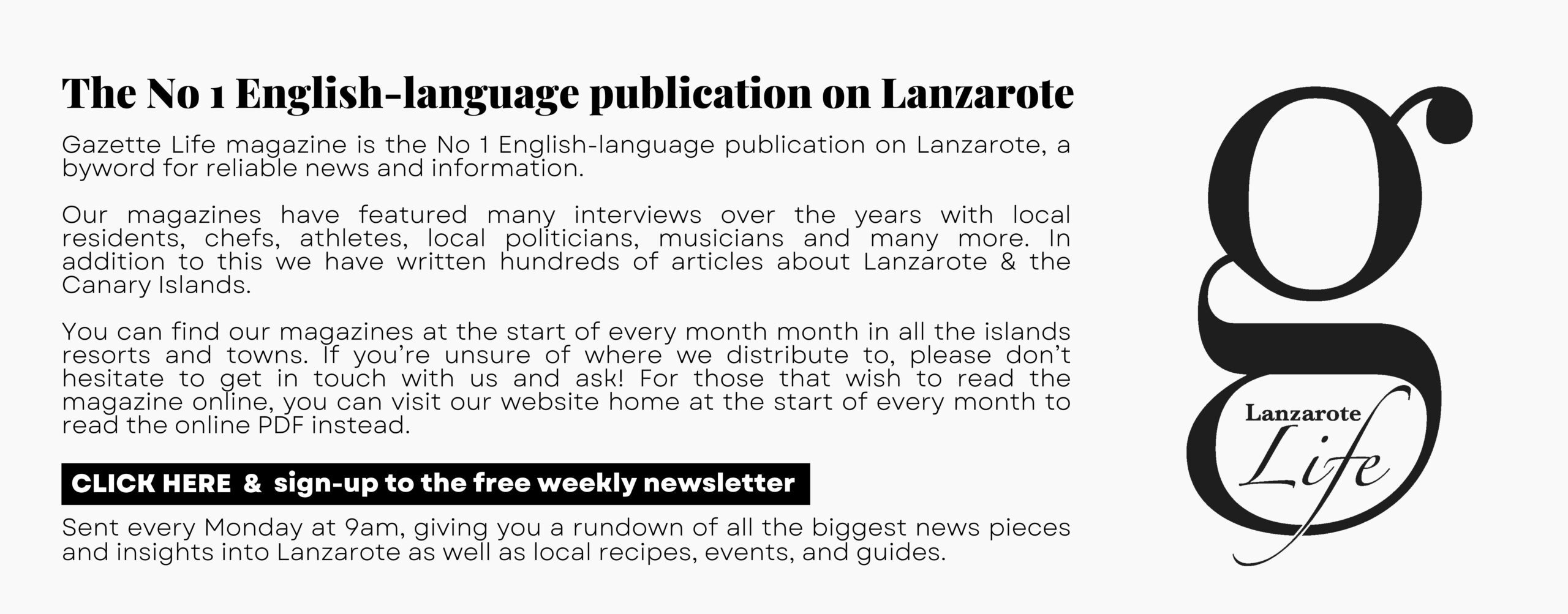Second property owners are often faced with the decision to rent their property to holidaymakers, or to offer it to a long-term residential tenant. There are advantages and disadvantages to both models.
One of the main disadvantages of the holiday rental model could hardly have been demonstrated more clearly three years ago, when the Covid lockdowns and travel restrictions paralysed tourism on the Canaries.
This left thousands of holiday rental owners with no guests and, of course, no rental income. At that time, many holiday rental owners switched to the long-term model on the grounds that some income was better than none.
Long-term rentals are more stable. You have tenants who, hopefully, pay regularly for a fixed period of time that may extend for several years – a guaranteed and reliable source of income. However, that weekly rent is generally much lower than the weekly amount you can charge a holiday-maker. For many, the increased income is the main attraction of the holiday rental model.
However, according to Doris Borrego, of the Canarian Holiday Rentals Association (ASCAV), holiday rentals are not the money-spinner many claim they are. In March, she told Ekonomus that “It’s not the case, because the costs of running a holiday rental are enormous. You have to pay management companies, publicity costs, VAT, maintenance, cleaning and laundry costs.”
Holiday-makers will expect facilities, such as wi-fi, TV, kitchen appliances and furnishings that residential tenants generally do not require. And although wear and tear is to be expected in both models, you’re maintenance costs in a holiday rental are likely to be higher as you keep it looking perfect for new arrivals.
Instead, Borrego sees the main reason for the popularity of holiday rentals as control: “To put it simply, you remain in possession of the property. You can cancel your contract with the management company at any time and withdraw the property from platforms.”
For many property owners who choose to live in their second properties for certain periods of the year, this is undoubtedly a huge advantage. Meanwhile, Canarian estate agents have already highlighted that the housing crisis on the island has resulted in many families refusing to move out of long-term rental properties once their contracts have expired, as there is simply nowhere else for them to live. The result is usually a long and often bitter legal process.
Finally, there is the matter of government policy. There is currently a lot of discussion of matters such as rent caps on long-term lets, as well as campaigns to limit or prohibit holiday rentals in certain areas. Currently, there are no plans that will affect Lanzarote, but that could change, and it’s worth staying up to date on the situation.
For regular updates, pictures and videos of Lanzarote be sure to like and follow our Facebook page “Gazette Life Lanzarote”.












